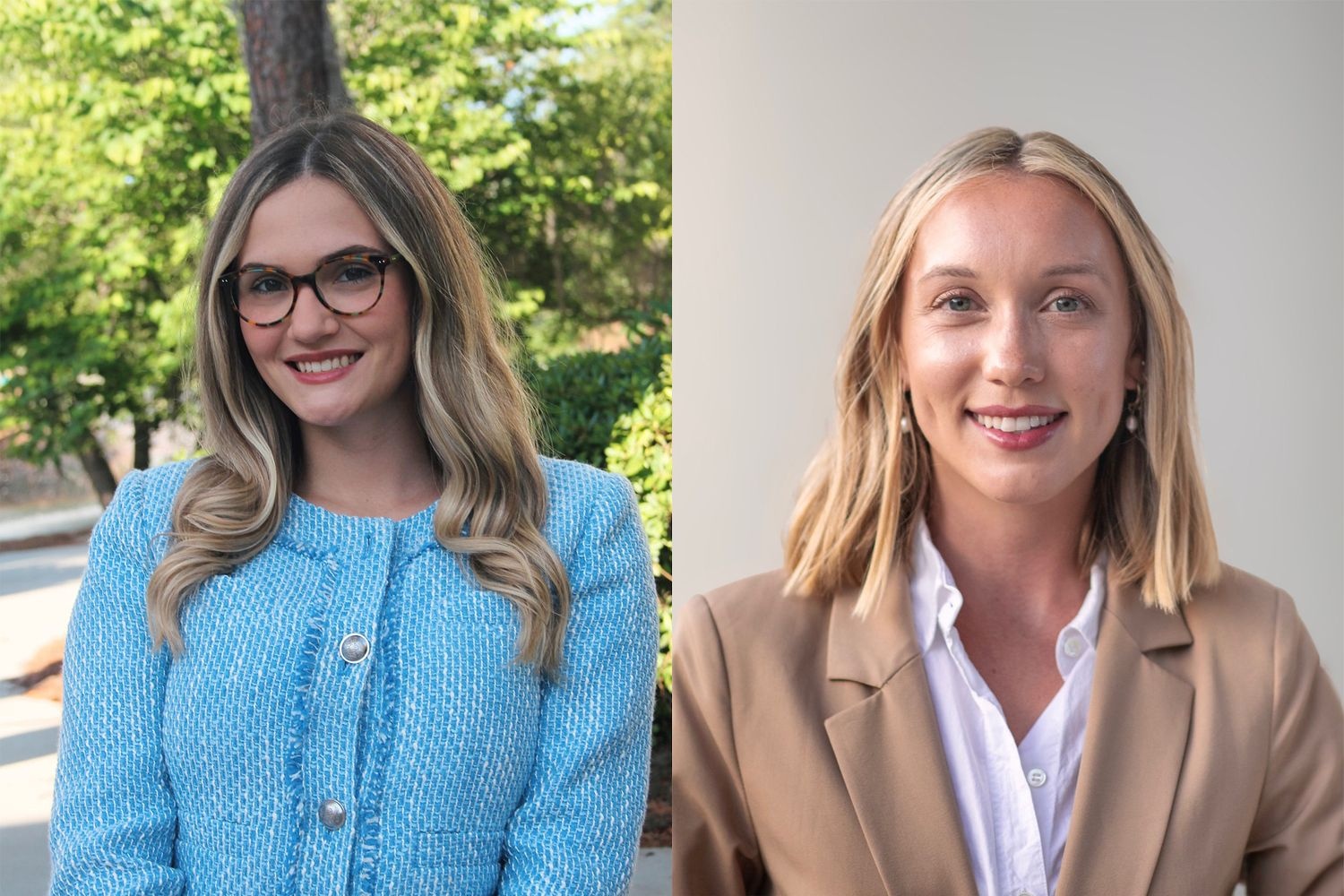Our Degree Programs
Environmental Sciences in Action





Find More Information
College & Department News
CONTACT US
Department of Environmental Sciences
Phone: (910) 962-7675
Fax: (910) 962-7634
Dobo Hall, Room 2006
601 S. College Road
Wilmington, NC 28403








